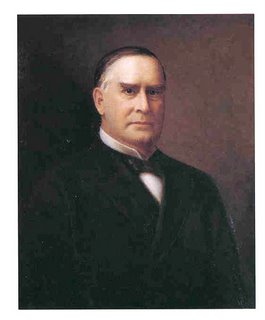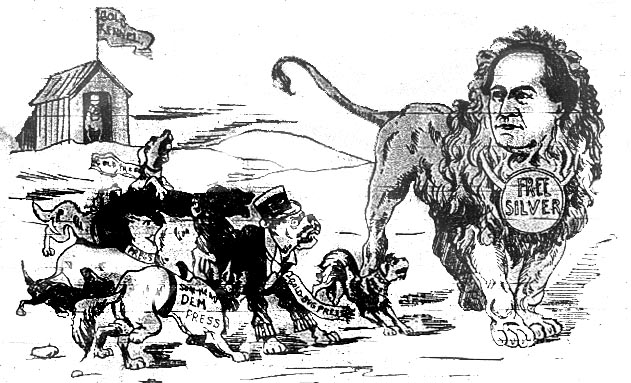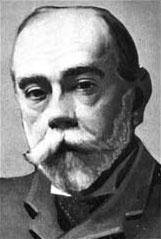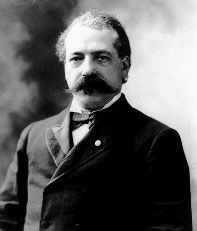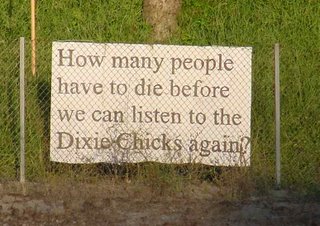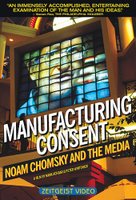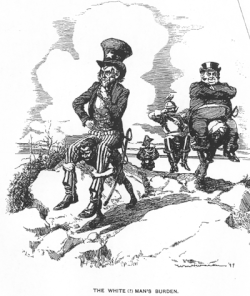CPI: THE FORERUNNERS OF CENSORSHIP
The CPI was started by President Woodrow Wilson to help sell the idea of America going into WW1. There main job was to mass persuade the audience to help with the effort. Through their efforts they made advancements in advertisement, motion pictures, etc. They had their claws into every mass media and perhaps made it better. The bad side is they made it possible for the government to censor people. They knew how to sto[p the newspapers, prevent other movies that went against their views. They even had a network of spies that helped promote their idea and spied on their neighbor. In the end, the CPI was started by people who was a gainst corruption, but they made it posssible for people to corrupt their syste,, aka Macarthism.

